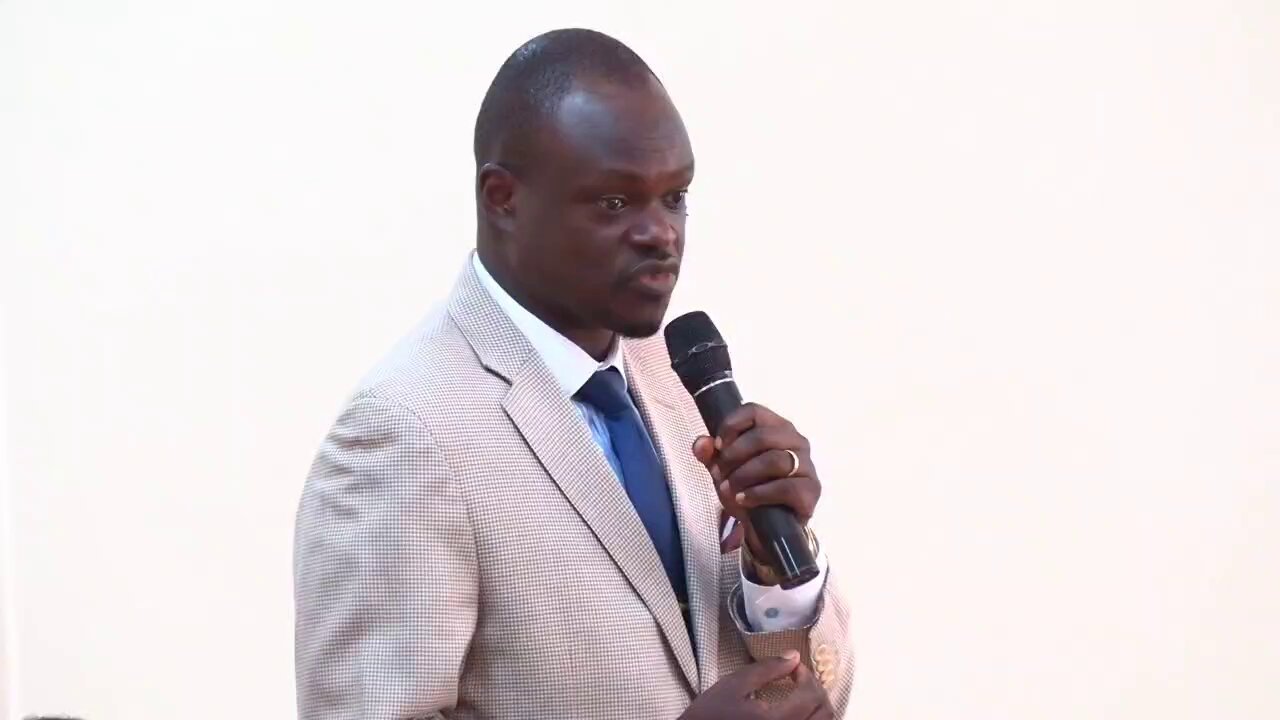Table of Contents
- FKF term extension limit proposal for officials: two terms, each carrying five years.
- The current office term allows officials to serve for four years for a single term, and they can only serve a maximum of two terms
- Football Kenya Federation (FKF) CEO Harold is pushing for the revision of the term limit for FKF officials
FKF term extension limit proposal for officials: two terms, each carrying five years.
The current office term allows officials to serve for four years for a single term and can only serve a maximum of two terms.
Football Kenya Federation (FKF) CEO Harold is pushing for the revision of the term limit for FKF officials.
This is part of the reforms that the federation, under Ndege as the CEO and Hussein Mohammed as the President, is pushing for among other things.
Is FKF Term Extension Limit Necessary?
Ndege while table while tabling the proposal recently to stakeholders during a forum arranged by the Sports Ministry, said that.
A Five-year period per term will give the federation the needed time to execute all its functions.
The CEO added that the FKF term extension proposal aligns with the ongoing Kenya’s sports policy institutional framework and legal review.
He defended his term extension proposal, citing disgruntled voices over the 2013 Sports Act widely viewed as ineffective.

Football Kenya Federation (FKF) CEO Harold Ndege. Photo/Kevin Teya
Speaking at the forum, Ndege explained that he proposed to align the term period for FKF officials with the government’s five-year term limit.
The FKF CEO noted that having federation officials have a concurrent five-year cycle as elected government representatives gives a better footing for policy implementation.
“FKF proposes that the term limit be increased from four years to five years to align with the national government’s term duration,” People Daily reports.
Should the FKF term extension proposal be accepted, officials will serve for a total of 10 years if they are re-elected after the first term of five years.
Call for More Reforms
In his other raft of proposals, besides FKF term extension, includes a recommendation for the transition of club registration.
Ndege, a former Tusker FC player proposed that the football clubs adopt a limited company registration and not societies as they currently are.
According to him, the adoption of this recommendation will create more channels for financial growth and investment.
The end goal is to have these clubs listed on the Nairobi Securities Exchange (NSE).

Football Kenya Federation (FKF) chief Hussein Mohammed. Photo/Hussein Mohammed
Further, Ndege’s proposals include giving the Sports Dispute Tribunal (SDT) more powers to handle and determine disputes at the first instance.
Currently, SDT acts as an appellate arm of the legal dispute resolution within the sports sector. This will expedite the hearing and resolution of disputes brought before it.
SDT in Kenya is a quasi-judicial body and was established under the Sports Act, 2013, to solve disputes in the sports sector.
It is independent, and with its jurisdiction being resolving issues between sports federations, athletes and clubs.
The tribunal has a diverse scope of subjects of prosecution, including disputes over team selection, discipline, administrative quarrels, and violations of anti-doping regulations.
It offers a platform for appeal and provides mechanisms for dispute management, including mediation and arbitration.
The tribunal has all the power to call witnesses, examine evidence and make final rulings similar to the standard court of law.
Hearings are conducted by a panel that is nominated by the Chairperson, who organises the activities of the tribunal.
The Judicial Service Commission (JSC) appoints the Secretary, who is in charge of the registry as well as documentation and communication.
Still, Ndege’s FKF term extension proposal remains the most controversial in his raft of proposals.

